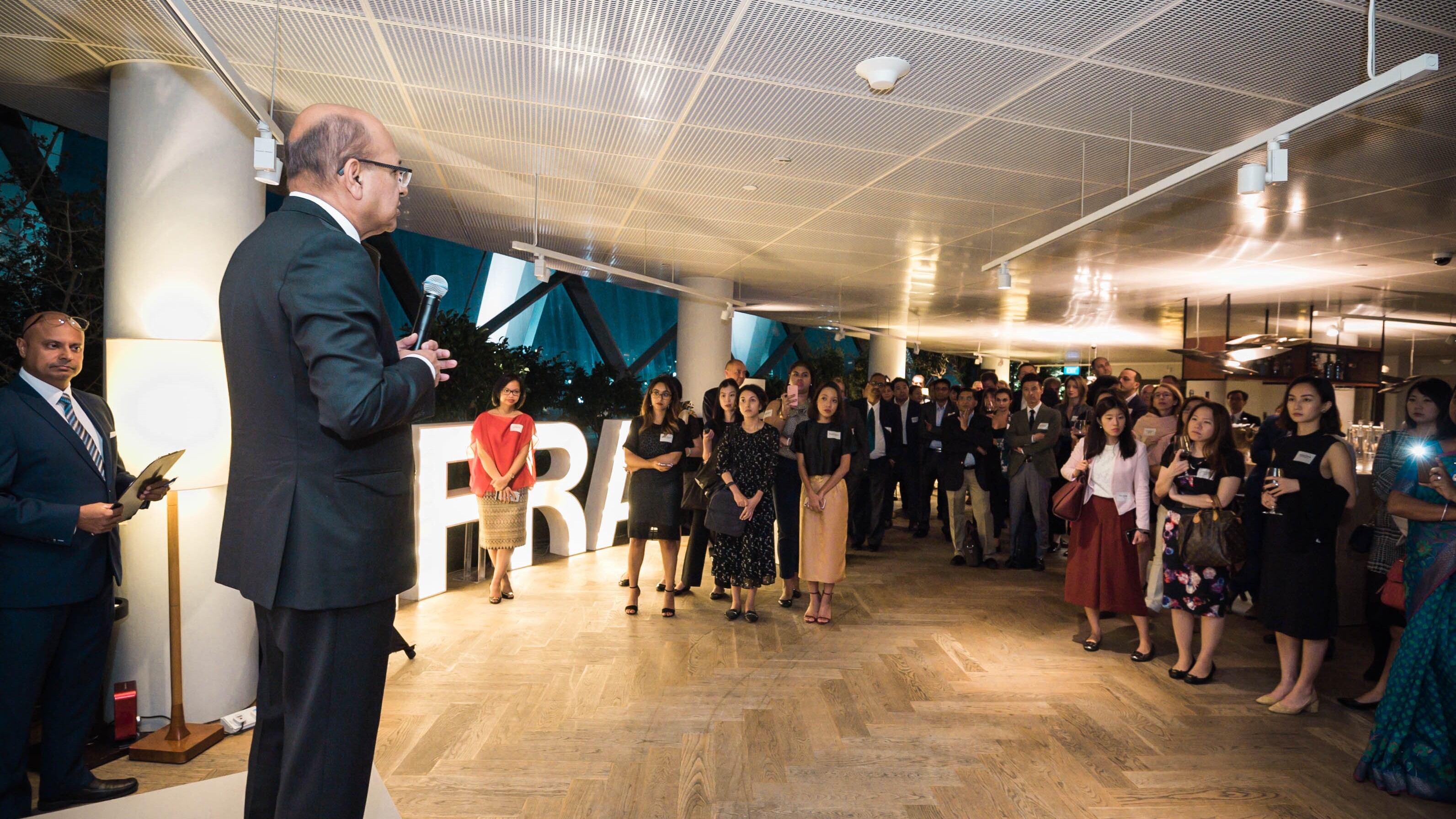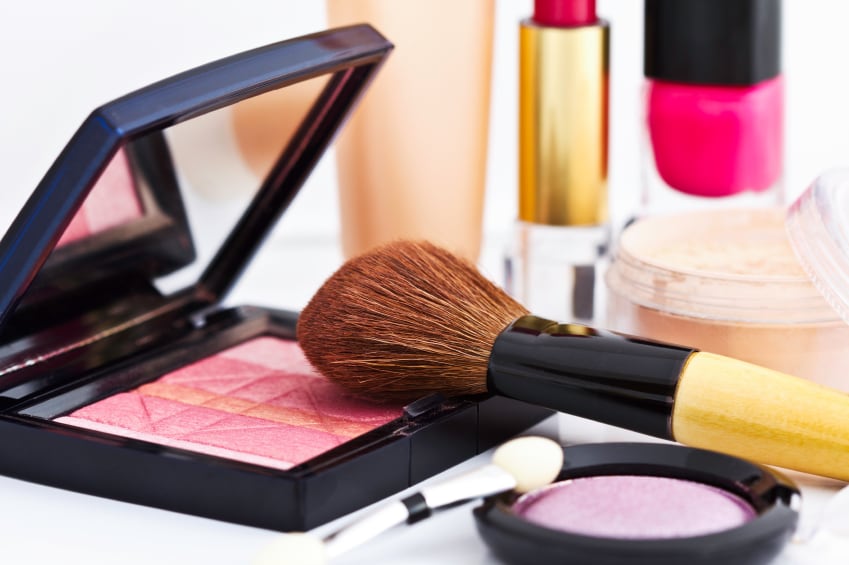The IFRA Standards is the industry’s flagship self-regulatory programme, which applies safety management measures based on scientific assessment by the Research Institute for Fragrance Materials (RIFM), as well as the evaluations of an independent panel of experts.
“IFRA is serious about its responsibility to ensure the safe use of fragrance ingredients,” said Martina Bianchini, President of IFRA. “The Standards are a system that is scientifically robust, can react to new science and that have earned the trust of regulators.”
The Standards, along with the code of practice, are obligatory for all members of IFRA, which cover approximately 90% of the world’s fragrance production by volume.
“In the APAC region, we have already seen the ASEAN Cosmetics Directive refer to the IFRA Standards,” said Bianchini.
“We will use the opportunities presented by being based in the region to increase understanding of the Standards, build partnerships and ensure that the Standards become a reference point for the safe use of fragrance ingredients.”
The association officially launched its Asia-Pacific branch on October 22 with a celebration at Pollen, Gardens by the Bay with more than 100 stakeholders, including representatives of the Singaporean authorities.
Le Chua Giang, President of the ASEAN Cosmetic Association added that the Standards are not just useful for companies or consumers, but for government regulatory bodies which may not know how to deal with the safety of fragrance.
Focus on sustainability
As the fragrance industry uses many natural ingredients, IFRA will focus on sustainability in the region.
“As Asia is a major source of ingredients, especially for naturals, sustainability is very important,” said Bianchini. “We must look at the land not as if we inherited it from our fathers, but as we borrowed it from our children.”
Bianchini announced that IFRA has been tasked to develop a sustainability framework for the industry at large. “We hope to engage with stakeholders in the region to ensure sustainability is not just a buzzword but has a framework and a program in place.
Presence in APAC
Currently, IFRA only represents 21 countries. With a regional office, IFRA can work directly with governments and partner associations said Bianchini. “It’s impossible to have a global association if you do not have boots on the ground.”
“We are looking for collaborations and partnerships, so a regional office here suits those needs and allow us to engage dialogue in countries where there’s no national associations,” she said.
Michael Carlos, Chairman of IFRA said that the associations had planned to open an APAC office for a few years now as the region is extremely important to the industry.
Not only is it a major contributor to the industry, it is the fastest-growing market for fragrance products.
“Asia is a mix of markets of mature and markets that are still in its infancy, however even mature markets like Japan has been a growing market because people’s attitude towards perfumes and fragrances have changed,” said Carlos.
“It is therefore vital that IFRA is present on the ground to represent the fragrance industry, develop closer partnerships with stakeholders and authorities, and to highlight the important leadership role we play on safety and our work on sustainability,” he said.
Carlos added that many regulations are beginning to change in Asia and in order to be part of the dialogue, Singapore is the perfect place to have a hub.
“On one side, IFRA is all about the safe use of fragrances, and safety standards in Singapore have always been extremely high,” said Carlos. “That makes it easier for us to get in and establish ourselves.”
Le added that it was immensely beneficial for cosmetic companies, manufacturers and consumers. “By having regional office in Asia, it allows us to work hand-in-hand with cosmetic manufacturers and IFRA to answer any questions as they arrive.”





